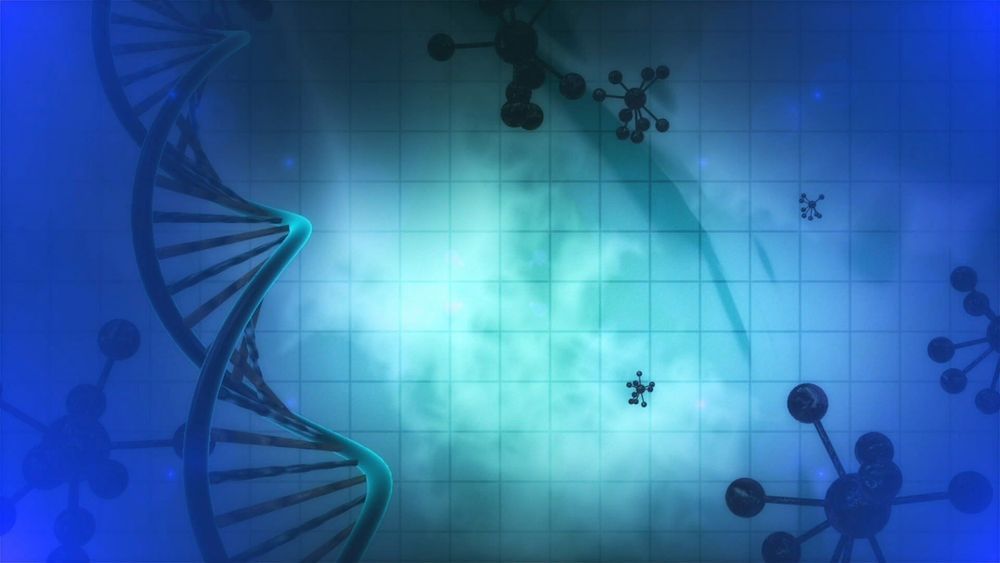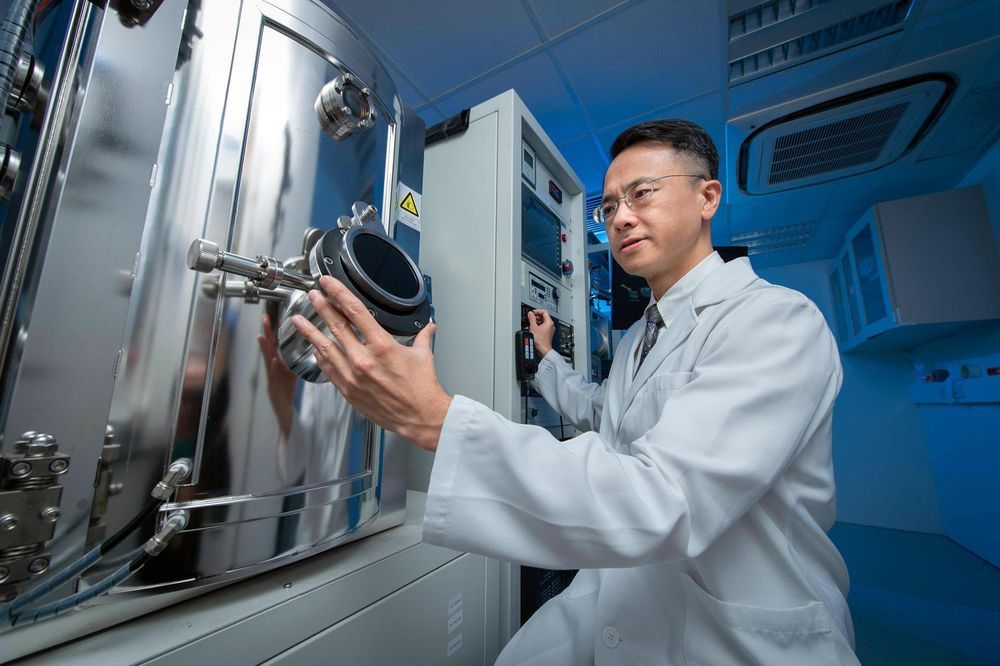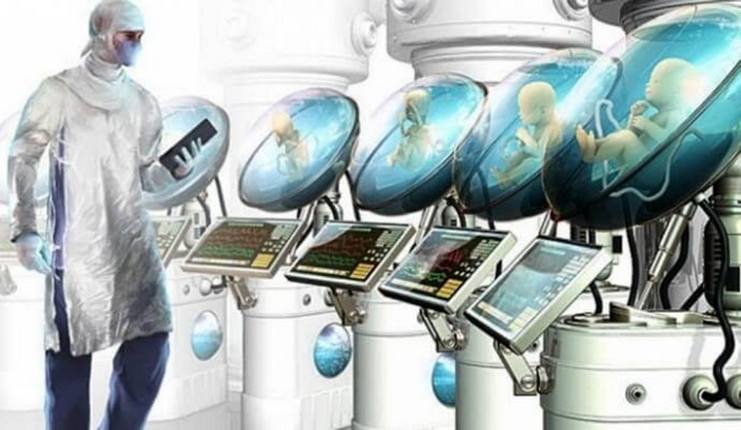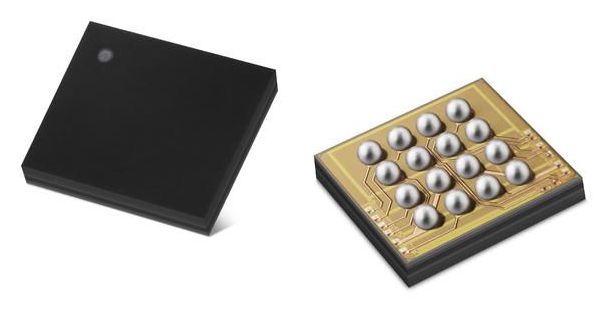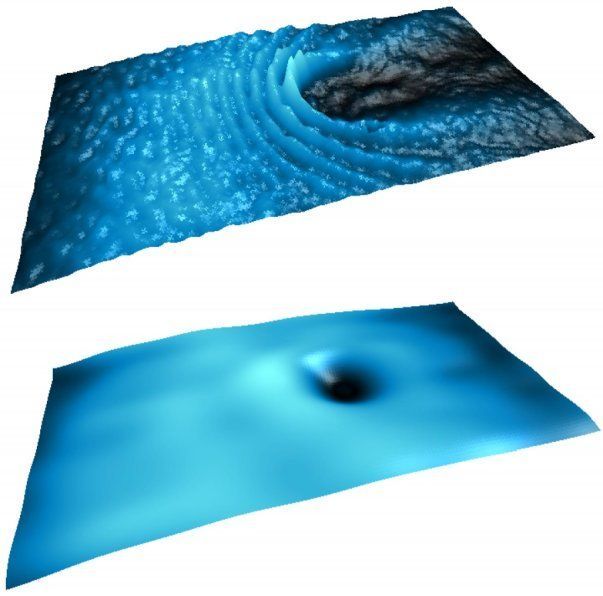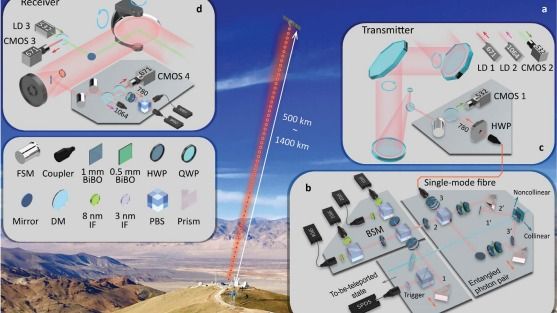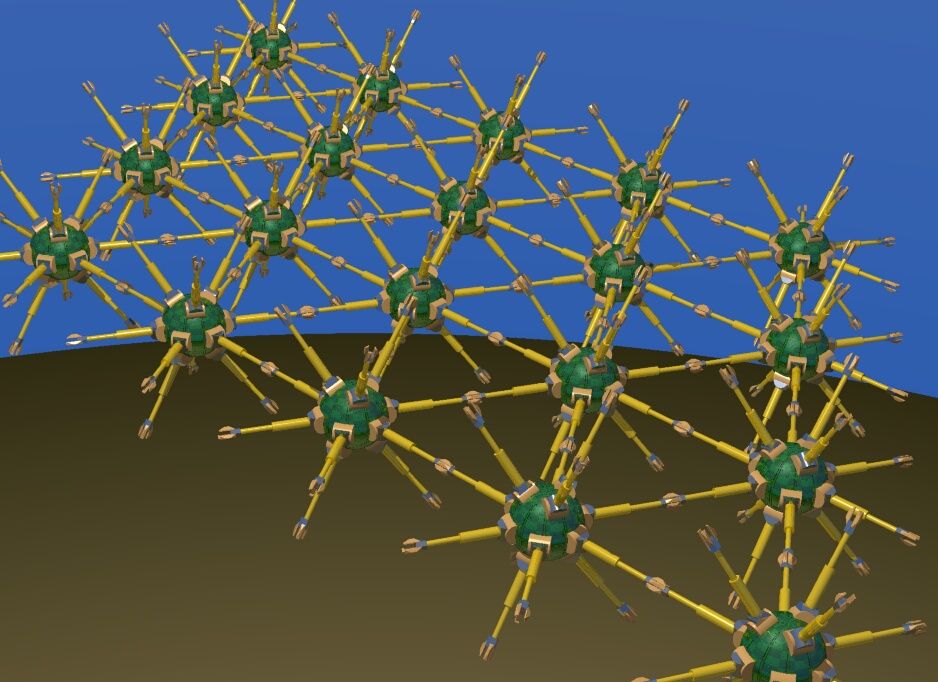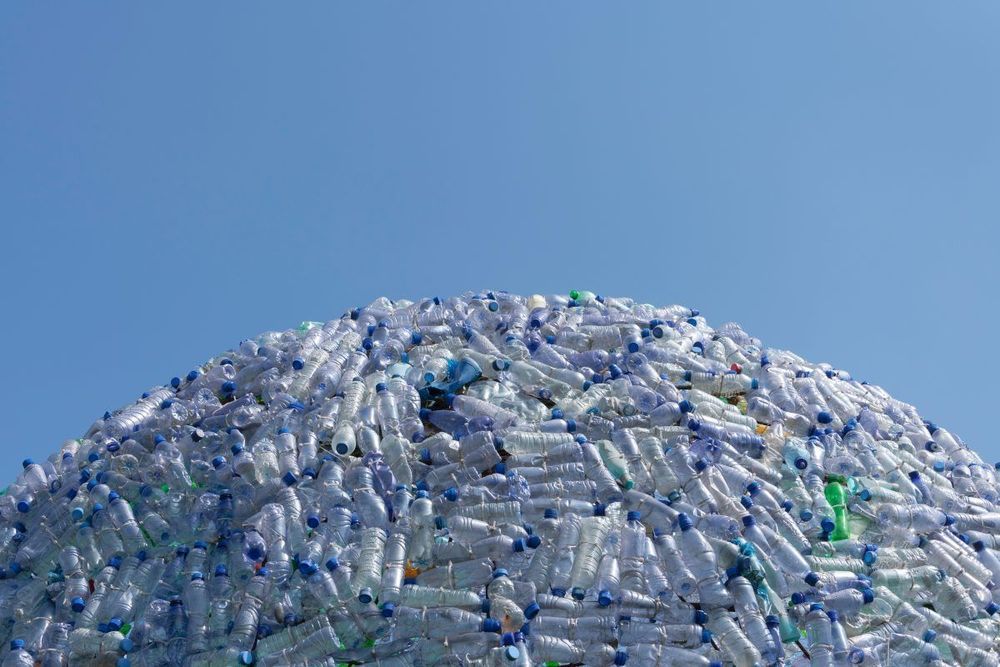May 26, 2020
An under-researched mechanism in the fast-moving field of epigenetics
Posted by Genevieve Klien in categories: biotech/medical, chemistry, genetics
A key epigenetic mark can block the binding of an important gene regulatory protein, and therefore prohibit the gene from being turned off, a new UNSW study in CRISPR-modified mice—published this month in Nature Communications —has shown.
The study has implications for understanding how epigenetics works at a molecular level—and down the track, the scientists hope the research will help them to investigate new treatments for blood disorders.
“Epigenetics looks at how non-permanent, acquired chemical marks on DNA determine whether or not particular genes are expressed,” study leader and UNSW Professor Merlin Crossley says.
